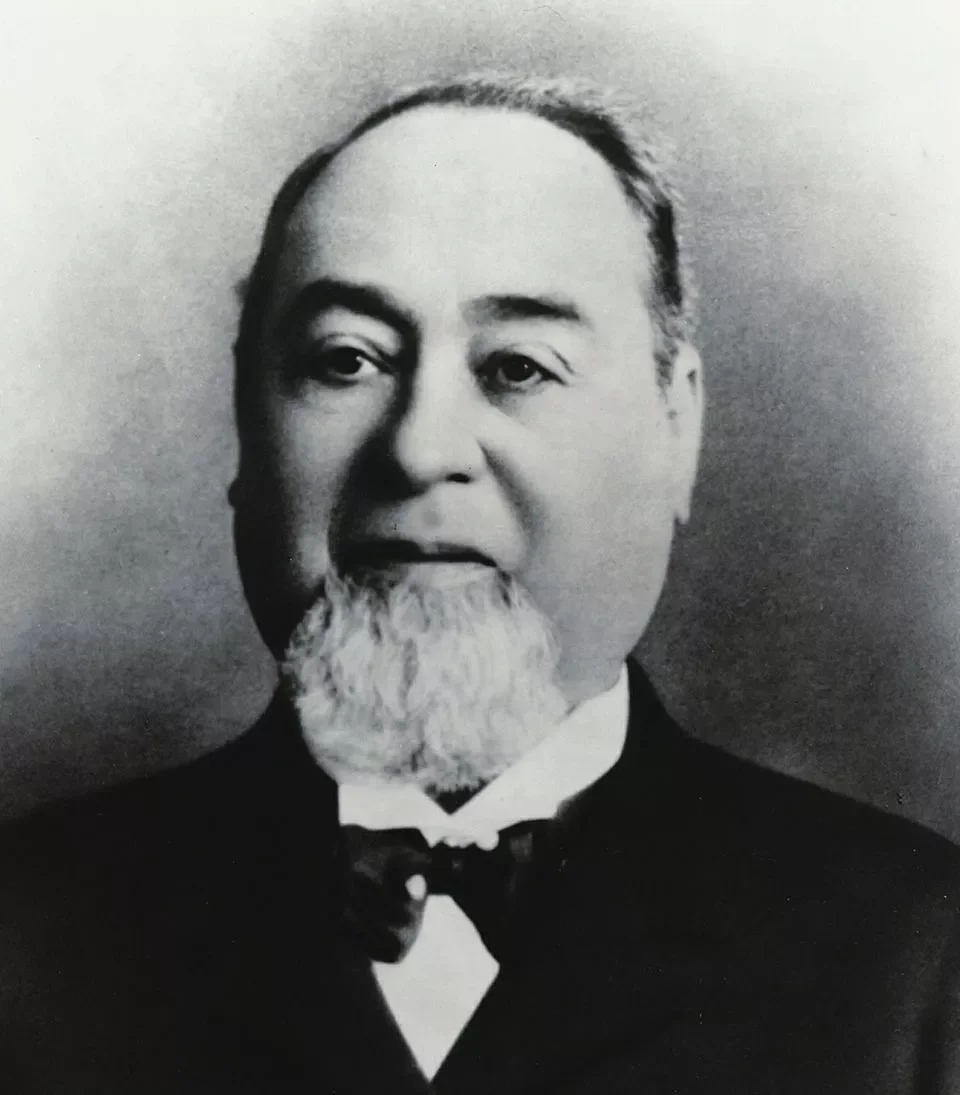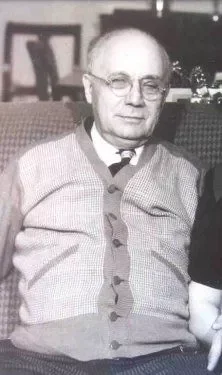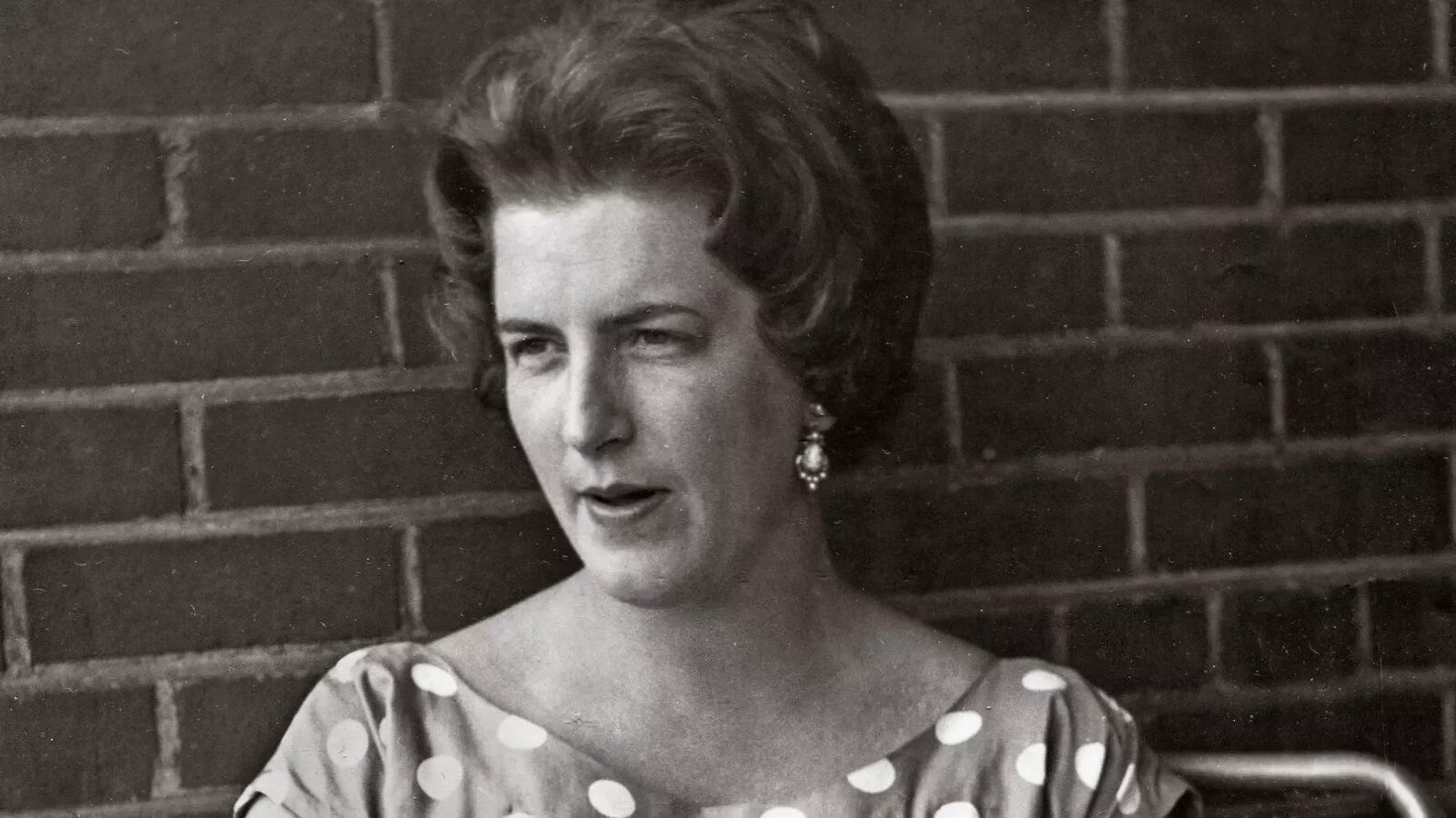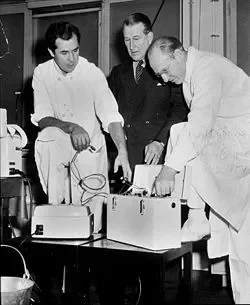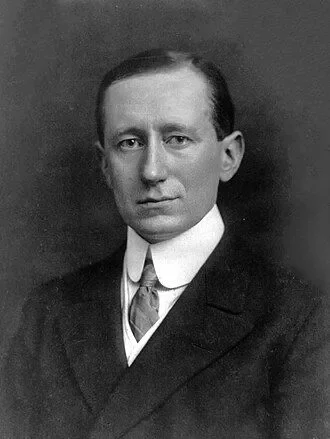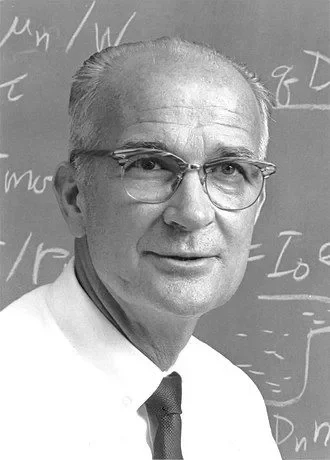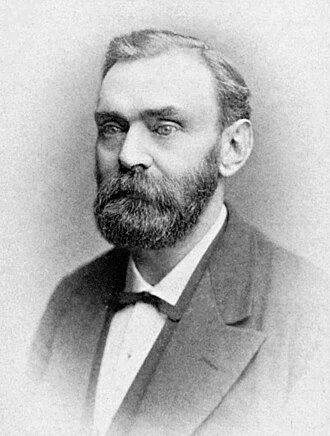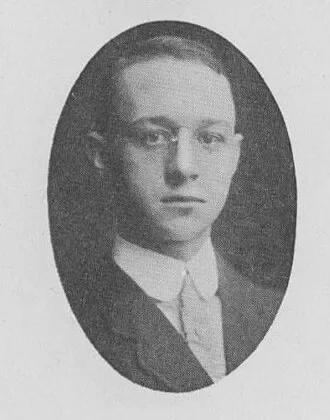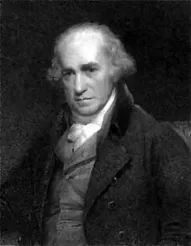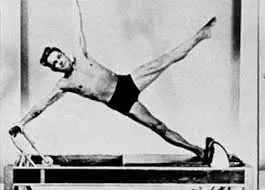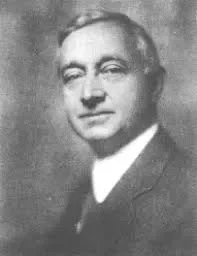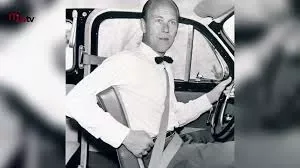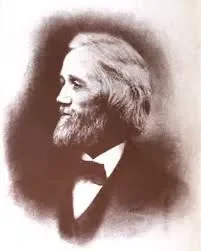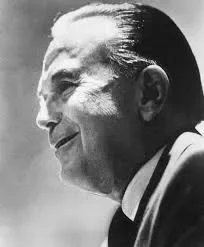Real Celebrities Never Die!
OR
Search For Past Celebrities Whose Birthday You Share
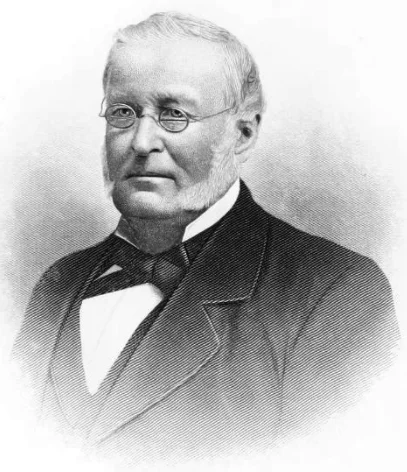
source:wikipedia.org
Joseph Glidden
Birthday:
18 Jan, 1813
Date of Death:
09 Oct, 1906
Cause of death:
Natural causes
Nationality:
American
Famous As:
Businessman
Age at the time of death:
93
Joseph Glidden's Quote's
Early Life and Background
Joseph Farwell Glidden was born on January 18, 1813, in Charlestown, New Hampshire, USA, and his impact on the agricultural landscape would be felt for generations to come. Growing up on a farm, Joseph Glidden developed a deep understanding of the challenges faced by farmers, which later influenced his groundbreaking inventions in the field of agriculture.
Early Influences and Career Start
Glidden’s early life was marked by a strong work ethic and a curiosity about mechanical processes. His family’s farm provided him with practical knowledge about the intricacies of agriculture, and this early exposure fueled his passion for finding solutions to common farming problems. In 1837, at the age of 24, Glidden moved to Clifton, Illinois, where he purchased land and started his own farm.
The Challenge of Fencing
It was during his time in Clifton that Glidden encountered a significant challenge faced by farmers – the inefficiency of existing fencing systems. Traditional fencing methods were time-consuming and often required a substantial amount of material. Determined to address this issue, Glidden began experimenting with different designs for a more practical and effective fencing solution.
Invention of Barbed Wire
In 1873, Glidden achieved a major breakthrough that would revolutionize the agricultural industry. He successfully patented the first commercially viable barbed wire design, which would later be known as “The Winner.” This invention marked a turning point in the history of farming, as it provided a cost-effective and efficient way for farmers to enclose their land. The barbed wire not only saved time and resources but also played a crucial role in preventing overgrazing and land disputes.
Impact on Agriculture
The widespread adoption of Glidden’s barbed wire had a profound impact on the expansion of agriculture in the United States. It allowed farmers to protect their crops and livestock more effectively, enabling them to utilize larger areas of land. This, in turn, contributed to the westward expansion of farming and played a significant role in shaping the development of the American frontier.
Economic Contributions
Joseph Glidden’s contributions to agriculture were not only practical but also economic. His invention led to the establishment of the barbed wire industry, creating new opportunities for businesses and employment. As the demand for his innovative fencing solution soared, Glidden became a successful entrepreneur, further solidifying his place in history as a pioneer in agricultural technology.
Legacy and Philanthropy
On October 9, 1906, Joseph Glidden passed away at the age of 93, leaving behind a lasting legacy that continues to influence modern farming practices. His invention of barbed wire fundamentally changed the way farmers protected and utilized their land, shaping the landscape of American agriculture for generations.
In addition to his professional achievements, Glidden’s personal life reflected his commitment to community and family. Known for his philanthropy, he contributed to various local initiatives and projects aimed at improving the lives of those around him. Glidden’s legacy extends beyond the boundaries of his inventions, encompassing a spirit of innovation, hard work, and a dedication to making a positive impact on the world.
Joseph Farwell Glidden’s life story is a testament to the power of ingenuity and perseverance. From his humble beginnings on a farm to his groundbreaking invention of barbed wire, Glidden’s contributions to agriculture have left an indelible mark on history. His legacy serves as an inspiration for future generations of innovators and underscores the transformative impact that a single individual can have on an entire industry.
Name:
Joseph Glidden
Popular Name:
Joseph Glidden
Gender:
Male
Cause of Death:
Natural causes
Spouse:
Place of Birth:
Charlestown, New Hampshire, U.S.A
Place of Death:
DeKalb, Illinois, U.S.A
Occupation / Profession:
Personality Type
Adventurer: Flexible and charming artists, always ready to explore and experience something new. His thirst for knowledge led to his innovative creations.
Glidden was a teacher in New York for 8 Years before he bought a farm in DeKalb.
He was the Democratic nominee for Illinois State Senator.
He was Vice President of DeKalb National Bank and Director of North Western Railroad
Joseph Glidden was in his sixties when he invented barbed wire.
Invention of the Barbed wire
The town of Glidden in Iowa is named after him


